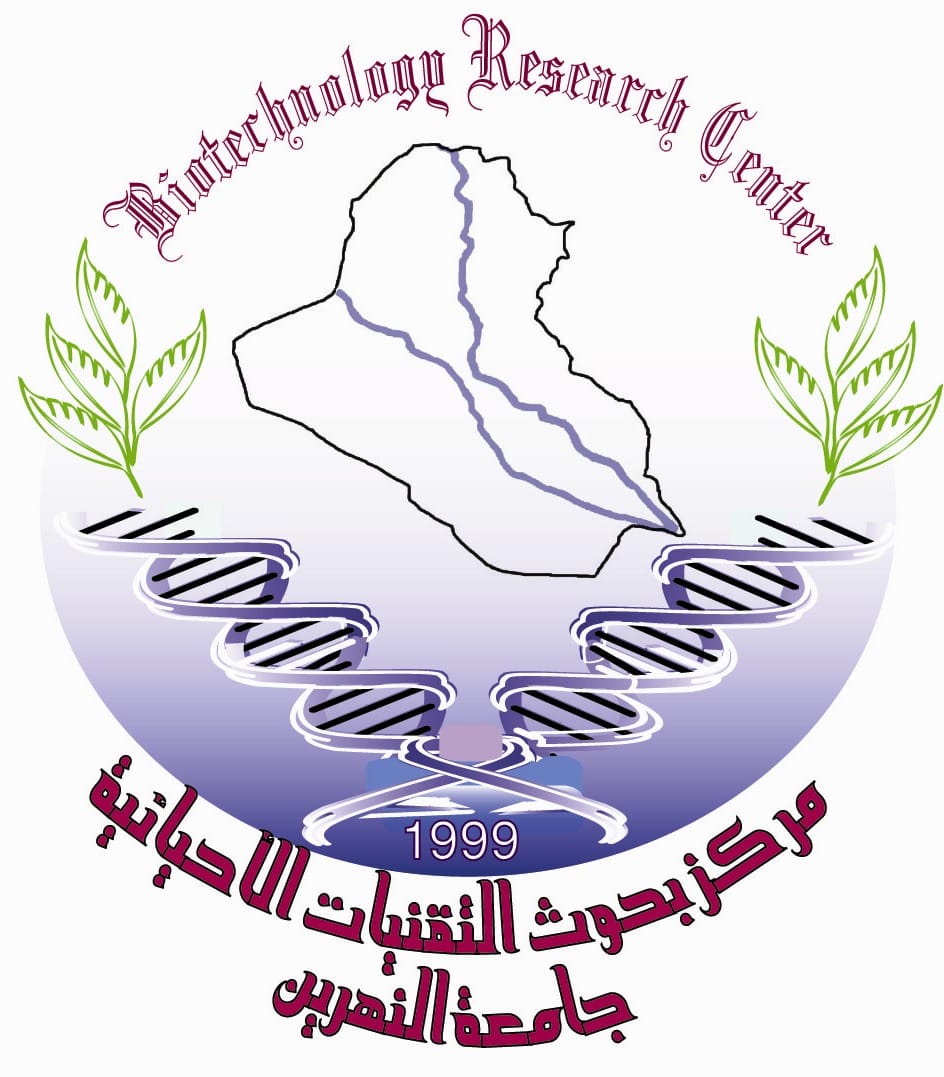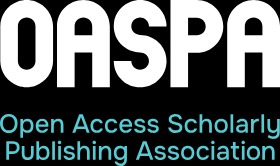Antifungal Efficacy of the crude Flavonoid, Terpenoid, and Alkaloid Extracted from Myrtus communis L. against Aspergillus species isolated from Stored Medicinal plants seeds in the Iraqi Markets
DOI:
https://doi.org/10.24126/jobrc.2021.15.2.613Abstract
The present study was conducted to investigate the effect of the crude Flavonoid, Terpenoid, and, Alkaloid compounds were extracted from the leaves of (Myrtus communis L.) plant against Aspergillus species isolated from stored medicinal plants seeds collected from different local markets in the province of Babil 2020 in Iraq. Antifungal activity was achieved in vitro by using food poisoning method against Aspergillus species by preparing three concentrations for each crude compound (5, 10, and 20) mg/ml and compared with positive control represented by fungicide Quinoleine 50% and negative control represented by 10% dimethyl sulfoxide. The current study was aimed to control of Aspergillus species isolated form stored medicinal plants seeds by using secondary metabolites extracted from leaves of Myrtus communis L. The collected data from this study shown that, the crude Flavonoid, Terpenoid, and, Alkaloid compounds extracted from (Myrtus communis L.) leaves revealed significant inhibition at P≤ 0.05 in the growth of Aspergillus species at 20 mg/ml compared with negative control especially in Flavonoid compounds. Finally, it can be concluded that Flavonoids of Myrtus communis L. is most effective in controlling Aspergillus species.
Downloads
How to Cite
Issue
Section
License
This is an Open Access article distributed under the terms of the creative commons Attribution (CC BY) 4.0 license which permits unrestricted use, distribution, and reproduction in any medium or format, and to alter, transform, or build upon the material, including for commercial use, providing the original author is credited.











